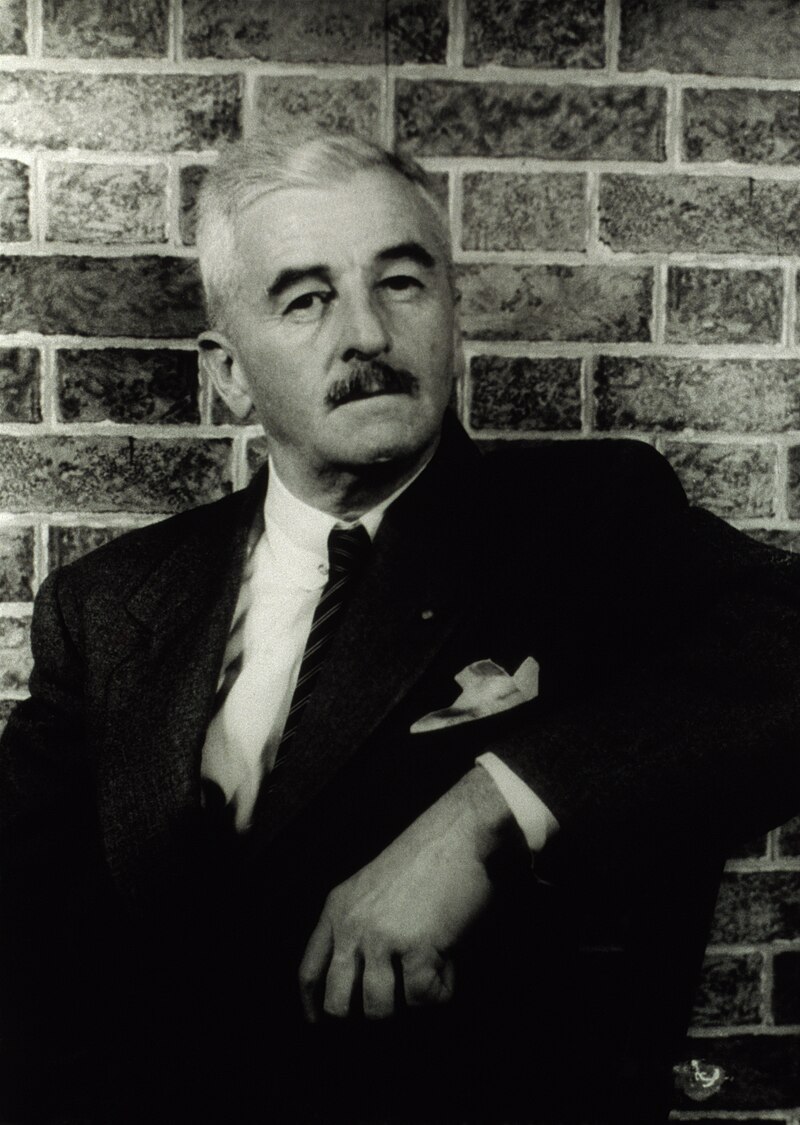Today we remember William Faulkner, the celebrated world-famous writer and favorite son of Oxford, Mississippi, who was born on September 25, 1897. He explored the character of the South in a string of novels and stories predominately over a twenty year period beginning around 1920. This work earned him the Nobel Prize for Literature in 1949. Later work was recognized with two Pulitzer Prizes.

Faulkner has never been an easy read for me. His complexity and detail, along with the run on sentences and page long paragraphs, makes the experience as challenging as the analysis of his characters. Having lived almost five decades in the Deep South, I can appreciate in my own small way the 20th century Southern personality Faulkner captured from his Mississippi home in fictional Yoknapatawpha County. Southern folks then were quite different from their fellow Americans. Today that regional character continues to change with a changing South. It is an interesting overlay.
In 1956, Faulkner sat for a Paris Review interview by author, oral historian, and editor, Jean Stein. It became a seminal piece on the art of fiction as well as an insightful exchange on the writer himself. Readers can access an article based on the interview at this link.
And here is the the author reading from The Sound and the Fury, a novel ignored by readers when first published in 1929, but earning him fame after the publication of Sanctuary in 1931.
It would be a serious error to end a post about Faulkner without mentioning Rowan Oak, his home in Oxford. For over thirty years the house and acres surrounding it provided Faulkner with sanctuary and inspiration during his most productive period. Today the home is a mecca for Faulkner enthusiasts. Visitors can tour the house and grounds as well as the nearby historic Oxford Square - don't miss Square Books, Oxford's world-famous bookstore - and the University of Mississippi Museum and campus.
There is no mechanical way to get the writing done, no shortcut. The young writer would be a fool to follow a theory. Teach yourself by your own mistakes; people learn only by error. The good artist believes that nobody is good enough to give him advice. He has supreme vanity. No matter how much he admires the old writer, he wants to beat him.
William Faulkner
Sources
Photos and Illustrations:
Faulkner photo, Carl Van Vecten Collection, United States Library of Congress, Washington, D.C.
Rowan Oak photo, User:Wescbell, Creative Common Attribution-ShareAlike3.0 Unported
Text:
end quote, from the Paris Review interview, 1956.
Wikipedia.org


No comments:
Post a Comment